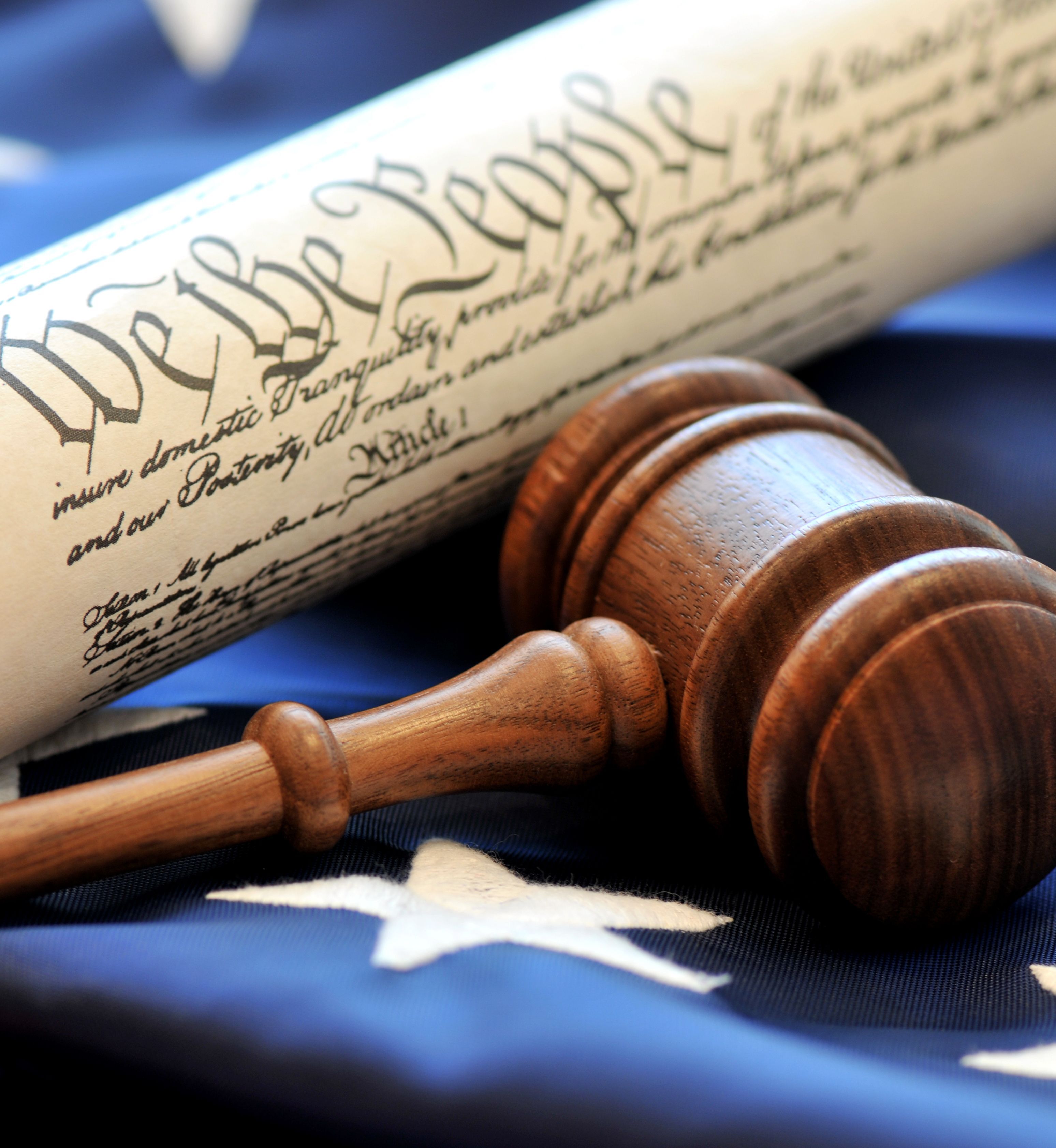Q: What is meant by public trust in the judicial system?
A: Public trust in the judicial system means that people believe the courts are fair, unbiased, and work well. It includes the belief that judges are honest and impartial and treat everyone equally under the law.
Q: What helps build public trust in the judicial system?
A: Several factors can help build public trust. It is important that the courts treat everyone equally under the law and follow fair and open legal processes, for example, making sure people know what is happening in their case and have a fair chance to speak.
Judges must be fair, knowledgeable, efficient, and respectful. Judges must make decisions based only on the facts and the law, without being influenced by personal feelings, politics, or outside pressure.
Judges and attorneys must follow ethical rules, with consequences if they don't.
Other ways to build trust include efforts to expand access to justice and promote more diversity on the bench, so that the courts reflect and serve everyone in the community. Also, educating the public about the judicial system can help clear up misunderstandings.
Q: Why does public trust in the judicial system matter?
A: Public trust in the judicial system is an important foundation for social order. Courts are there to uphold laws, settle disagreements, and make sure justice is served.
For courts to work well, they need the public to trust them. When people trust the system, they are more likely to accept court authority, cooperate with legal processes, and respect court decisions. They are also more likely to take part in civic duties like voting and serving on a jury.
Q: What are the consequences of a lack of public trust in the judicial system?
A: When people don't trust the judicial system, they may refuse to accept the authority and decisions of the courts. This can lead to ignoring laws, court orders, and social rules. People may also avoid taking part in legal processes, like reporting crimes or serving on juries. Some people may try to solve problems on their own, which could be dangerous and cause risks to public safety.
Q: What can citizens do to promote public trust in the judicial system?
A: Citizens can help by responding to notices for jury service. They can attend public court hearings and community legal programs. They can learn more about how the judicial system works, including how judges are selected and reviewed, and help teach others about it. They can even volunteer for the groups that help select and review judges.
Further, citizens can make informed choices when voting to keep judges or on other matters affecting the judicial system. They can also get involved in efforts to make the system more open, accountable, and fair.
See these other explainers to learn about volunteer opportunities with the commissions that handle judicial nominations, judicial performance, and judicial discipline:
- Explainer: How are judges selected in Colorado?
- Explainer: How are judges evaluated in Colorado and why are they on the ballot?
- Explainer: How are complaints against judges handled in Colorado?

